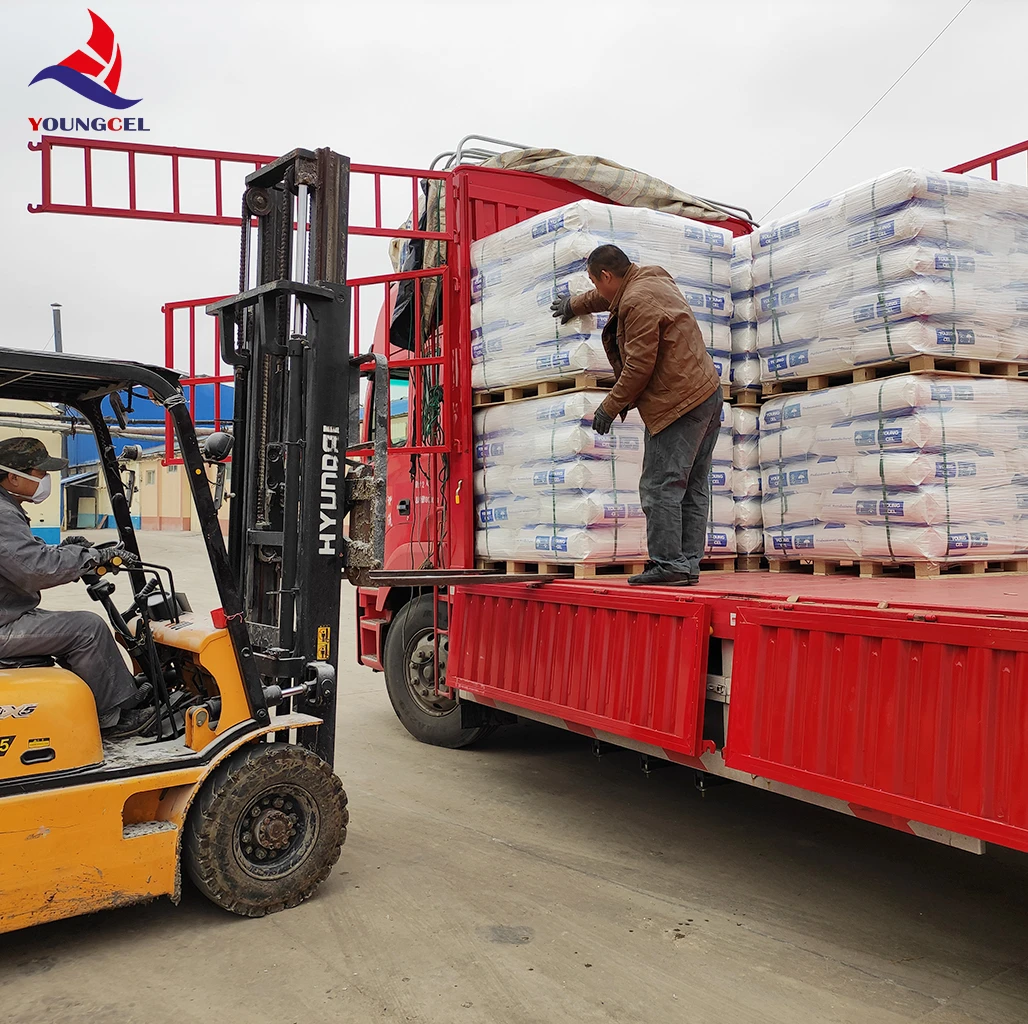The Role of Adhesion Additives in Modern Manufacturing
In the realm of modern manufacturing, adhesion additives play a pivotal role in enhancing the bonding properties of materials. These specialized additives are used in various applications, particularly in coatings, adhesives, and sealants, where strong bonds are essential for performance and longevity. Understanding the significance of adhesion additives can help manufacturers optimize their products, improve quality, and reduce costs.
Adhesion additives function by modifying the surface energy of materials, which improves the wetting and spreading of coatings. By increasing the interaction between the coating and the substrate, these additives help to create a stronger bond. Their efficacy depends on several factors, including the chemical composition of the additive, the type of substrate, and application methods.
The Role of Adhesion Additives in Modern Manufacturing
Furthermore, the construction industry relies heavily on adhesion additives in adhesives and sealants. In applications ranging from flooring installations to structural bonding, the strength and durability of the adhesive bond are paramount. Here, adhesion promoters can improve the bond strength between dissimilar materials, such as metal and plastic, which are increasingly used in modern construction. For instance, the use of epoxy-based adhesives with adhesion additives allows for a robust bond that can withstand the rigors of environmental exposure, temperature fluctuations, and mechanical stress.
adhesion additive

In addition to their practical applications, adhesion additives contribute to the sustainability efforts of manufacturers. By improving the performance of coatings and adhesives, these additives can reduce the amount of product required for effective applications, thus minimizing waste. Additionally, many manufacturers are moving towards more environmentally friendly adhesion additives derived from renewable resources or designed to reduce volatile organic compounds (VOCs).
As industries increasingly focus on innovation and efficiency, the demand for advanced adhesion additives continues to grow. Research and development are key to creating new formulations that meet the evolving needs of various sectors. In particular, the integration of nanotechnology in adhesion additives has shown promising results. Nanoparticles can enhance adhesion properties at a microscopic level, leading to significant improvements in bonding strength and resistance to environmental factors.
The future of adhesion additives is bright, as technological advancements pave the way for new applications and improved performance. Manufacturers are constantly seeking solutions that not only enhance product quality but also align with sustainable practices and regulatory requirements.
In conclusion, adhesion additives are essential components in the manufacturing process, providing critical benefits across various industries. Their ability to enhance bonding strength, improve product longevity, and contribute to sustainability initiatives makes them invaluable in today's market. As manufacturers continue to innovate and adapt to changing demands, the role of adhesion additives will undoubtedly become even more prominent, driving improvements in product performance and reliability.




